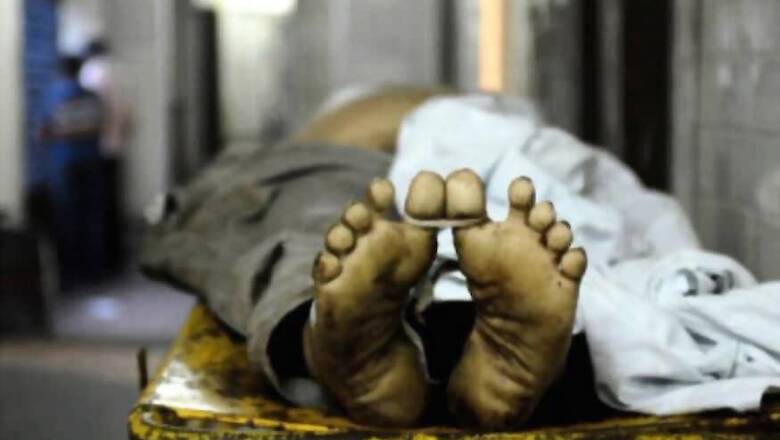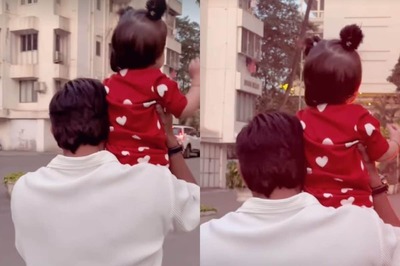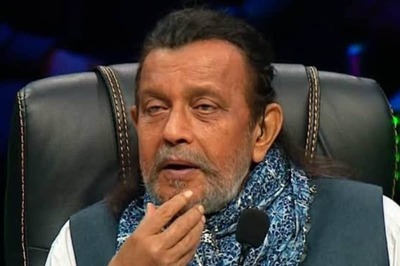
views
Hindu or Muslim, Vishnu is there for anyone leaving the world behind.
Before the coronavirus outbreak, Vishnu Gurjar, 27, had never been to a graveyard. But the mortuary worker at Jaipur's SMS Hospital now makes regular trips to both cremation grounds and graveyards, helping with the funerals of Hindus and Muslims.
Before the outbreak he dealt with the dead at the hospital, shifting bodies and helping during the post-mortem. Now, his job involves accompanying them to the funeral.
"I had never visited a graveyard in my entire life. I was not aware of Islamic rituals at the last rites," he says. And he was also scared of the graveyards, he admits.
"Now, I don't have a religion. I fearlessly perform the last rights of Hindus and Muslims.
Gurjar names five other members of his group of mortuary workers at the government-run hospital -- Pankaj, Manish, Mangal, Arjun and Suraj. All of them are now forced to attend funerals as, amid the lockdown, relatives often need a helping hand.
In some cases, they are reluctant to touch the dead, fearing they would catch the virus.
So Vishnu Gurjar and his team step in. As he says, he is there for anyone who doesn't have anyone -- "Jiska koi nahin, uska Vishnu hai."
Since the outbreak, there have been 63 COVID-19 deaths in Jaipur all bodies taken out from the Sawai Man Singh Hospital, where Gurjar works. In 36 cases, this involved a trip to the graveyard, in others to the cremation ghat.
For the mortuary workers, some of this-worldly functions are on hold due to the coronavirus crisis.
Team member Pankaj's marriage, for example, was postponed. Vishnu Gurjar, father of a three-year-old son and a six-month-old daughter, did not visit his family for over 40 days.
"It is now that we are being permitted to visit our families once a week," Gurjar says.
The Rajasthan government has made arrangements for food and lodging at a rest house near the state-run SMS Hospital, where the team lives in isolation.
He feels workers like him deserve more.
"People in the colony fear me when I visit my family. There is no respect and appreciation from the people and even from the government, unlike for the corona warriors," he says, in an apparent reference to doctors, nurses and policemen.
"Nobody has come to give me even a flower," he says. "There is nothing we get in the name of facilities, like good food."
Gurjar and some others in the team have worked at the SMS Hospital mortuary for seven years now. Their contractor pays them Rs 230 per day and the municipal corporation Rs 500 for a six-hour shift for helping with the last rites.
Jaipur accounts for about half of the coronavirus deaths in Rajasthan.



















Comments
0 comment